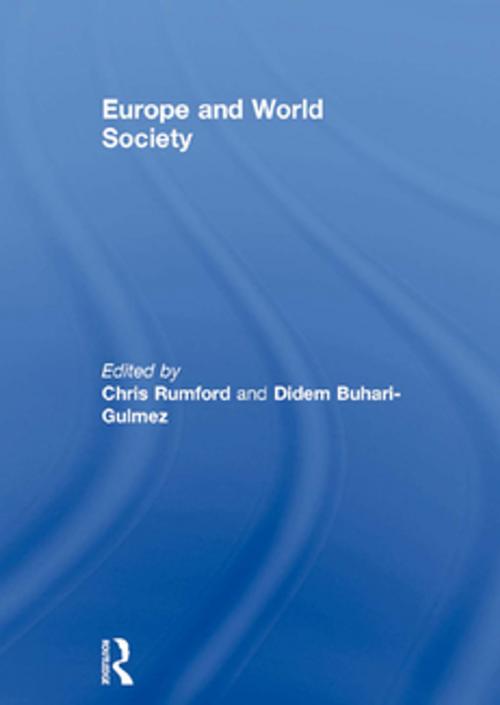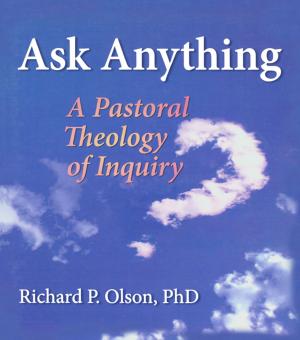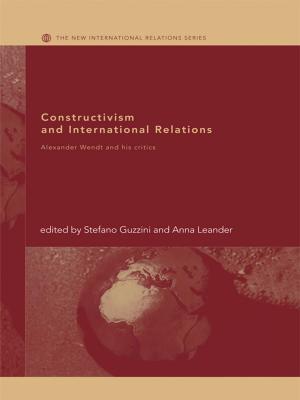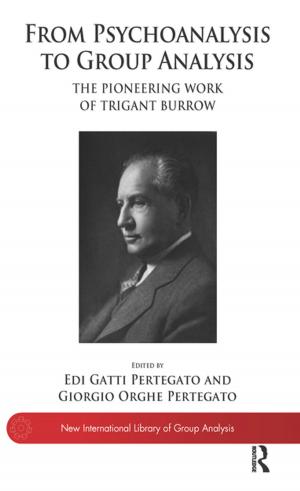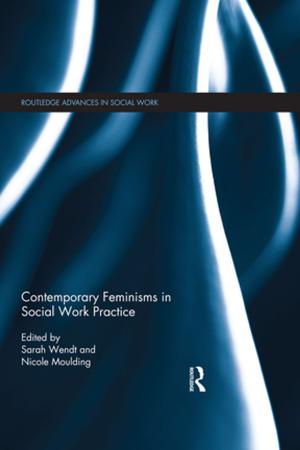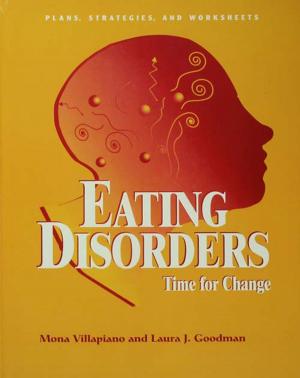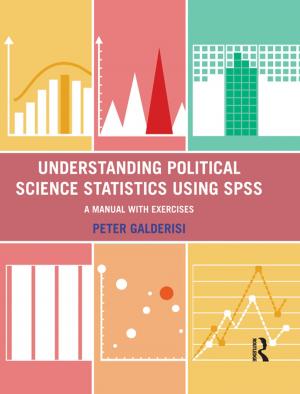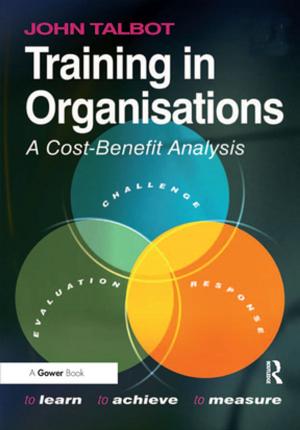| Author: | ISBN: | 9781317332749 | |
| Publisher: | Taylor and Francis | Publication: | October 2, 2017 |
| Imprint: | Routledge | Language: | English |
| Author: | |
| ISBN: | 9781317332749 |
| Publisher: | Taylor and Francis |
| Publication: | October 2, 2017 |
| Imprint: | Routledge |
| Language: | English |
Europe and World Society offers a distinctive critical approach to understanding European transformations, exploring both the progress and limitations of integration on various key policy areas such as agricultural policy, education reform, migration, and external relations, as well as the relationship between European regionalism and globalization. Due to its innovative theoretical framework, based on macro perspectives including ‘World Polity Theory’, developed by Stanford sociologist John W. Meyer, this collection contributes to both the recent ‘sociological turn’ in European studies, and to the constructivist critiques of rational choice accounts of modern Europe. At a time when the European integration project has been severely challenged by multiple economic, political, and social crises, this book offers a timely, global perspective that sheds light on the dynamism and multiplicity of the actors, discourses, and processes which underlie contemporary Europe. The book’s distinctive global approach allows it to move the debate beyond state- and EU-centrism, and establish the ‘missing link’ between Europe and its global context. This book was published as a special issue of the Journal of Contemporary European Studies.
Europe and World Society offers a distinctive critical approach to understanding European transformations, exploring both the progress and limitations of integration on various key policy areas such as agricultural policy, education reform, migration, and external relations, as well as the relationship between European regionalism and globalization. Due to its innovative theoretical framework, based on macro perspectives including ‘World Polity Theory’, developed by Stanford sociologist John W. Meyer, this collection contributes to both the recent ‘sociological turn’ in European studies, and to the constructivist critiques of rational choice accounts of modern Europe. At a time when the European integration project has been severely challenged by multiple economic, political, and social crises, this book offers a timely, global perspective that sheds light on the dynamism and multiplicity of the actors, discourses, and processes which underlie contemporary Europe. The book’s distinctive global approach allows it to move the debate beyond state- and EU-centrism, and establish the ‘missing link’ between Europe and its global context. This book was published as a special issue of the Journal of Contemporary European Studies.
